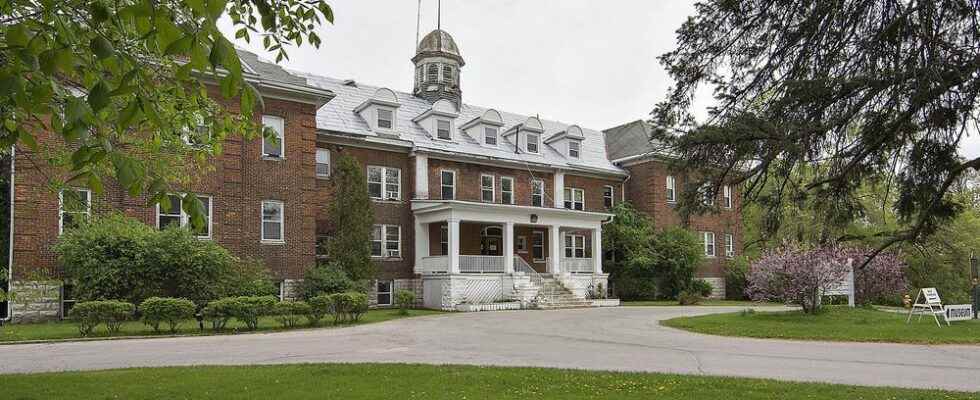As Pope Francis wrapped up his self-described “penitential pilgrimage” across Canada, residential school survivors and their advocates began turning up the pressure on the Vatican to release its records pertaining to the schools.
“I’ve been in the job for just over a month now, and every single community I’ve been to, every single survivor and organization I’ve spoken to, the Number 1 thing they complain about is they can’t get access to the records,” said Kimberly Murray, Canada’s independent special interlocutor related to unmarked graves at residential schools.
Murray has heard from frustrated groups waiting on records from Library and Archives Canada, the National Center for Truth and Reconciliation and various church hierarchies.
“That’s a massive barrier right now across the board, in every jurisdiction,” Murray told The Hamilton Spectator.
Some churches have started to open up their archives, but the oldest residential school records are handwritten documents, some of which are in French.
Murray said churches must provide the funding to have an independent third party translate and reformat the records for ease of use, without that financial burden falling on First Nations.
“Why should the community have to be the one to pay to translate those records?” she said. “There has to be better ways, and more support for communities to get to the records.”
While Ottawa provides the funding for her position, Murray works independently to “engage with survivors and community members and hear about the struggles they’re having” while they investigate potential burial sites at former residential schools, and senior levels of government on how to “eliminate those barriers.”
“Records is a big piece of that,” Murray said.
Her office also serves as a point of contact for First Nations looking for advice on how to start ground searches in their communities, she added.
Murray previously led the survivors’ secretariat that continues to search the grounds of the Mohawk Institute, a former residential school in Brantford, and was the executive director of the Truth and Reconciliation Commission of Canada. She told The Spectator the Pope’s apology for the church’s role in the residential school system fell short of what the TRC called for in its final report.
“I feel that the apology didn’t follow the guidelines that the TRC established on meaningful apologies. There are lots of elements to it that I would say were missing,” Murray said.
The TRC report called on churches to apologize for their institutional role in the residential school system, educate congregations and clergy about what happened and why the apologies are needed, and fund Indigenous-led reconciliation and language revitalization projects.
“I’ve heard from survivors that found it very meaningful, and that’s what’s most important — how the survivors received the apology,” Murray said.
Survivors also had the chance to speak directly to the Pope about the need to release their records and repeal the “Doctrine of Discovery,” a collection of 15th-century papal decrees used by European monarchs to justify the colonization of the Americas.
“I would hope that (church officials) hear that and they listen to it,” Murray said.
JP Antonacci is a Local Journalism Initiative Reporter based at The Hamilton Spectator. The initiative is funded by the Government of Canada.
